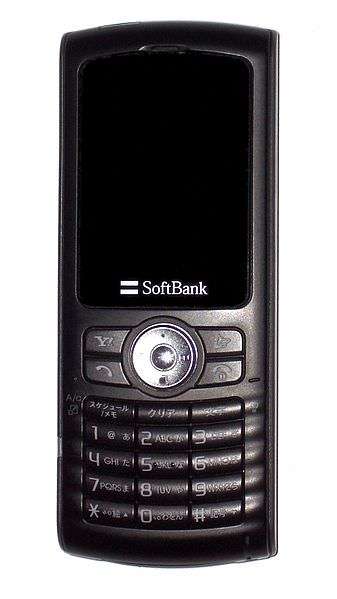Maybe a Government That Constantly Violates Rights Is More Rotten Than We Realize

Just two days ago, the New York Times revealed that the Drug Enforcement Administration engages in domestic phone surveillance on a scale that may dwarf the snoopy misdeeds of the National Security Agency. Through its Hemisphere Project, the DEA partners with AT&T to trawl through 26 years (and counting) of stored phone data to identify repeating patterns of calls that can identify people even if they frequently change anonymous "burner" phones. That call you make to your bookie every Saturday? Yeah. That's a give-away, no matter if you make it from different numbers. As Reason's Matt Welch remarked after the report's publication, it "should put to rest the debate over whether we live in a free country. We don't." He's right, though after the headlines of recent months (and the years before) it's not clear that the matter should still be a subject of debate.
Why do records of phone calls matter? As the ACLU's Catherine Crump notes, "While people may dispose of their phones, it's much harder for people to change their lives. If Alice calls Bob twice a day and Carol every Sunday, Alice is likely to do that even if she switches phones. By analyzing calling patterns within the database, it's possible to identify Alice's new phone." Tracking and recording the patterns of our lives is deeply revealing about who we are and how we live.
The Hemisphere database is searchable only through the issuance of a subpoena—an "administrative subpoena" that the DEA issues itself. If you're thinking that's not much of a safeguard, you're probably in good company. At least, the feds seem to believe the public at large would find the program off-putting to the public at large. "All requestors are instructed to never refer to Hemisphere in any official document," a slide given to the Times says. The program was revealed almost incidentally in the course of a lawsuit over federal infiltration of antiwar groups.
Imagine that. Yet another vast and creepy spy program is revealed in the course of a legal challenge to intrusive government targeting of peaceful political activists. That rabbit hole goes deep.
This comes against a backdrop of months of revelations of NSA surveillance on phone and Internet communications. And that came after news about the secretive Justice Department seizure of Associated Press phone records and the investigation and threatened prosecution of Fox News reporter James Rosen for reporting on stories in a way the government finds inconvenient.
That's all this year, and it's not, by any means, a complete list of the disturbing incursions into personal freedom committed by the federal government.

At what point do we stop pretending that these are reparable glitches in an imperfect but otherwise decent system of government, and face the fact that this is the government, right down to its ugly core?
Nobody but the Shadow can know what evil lurks in the hearts of men, let alone the shriveled pumps possessed by government officials. The rest of us have to go by their actions. If those actions include vast, suspicionless surveillance of the population and targeting of critical journalists, perhaps a few eyebrows should be raised. Throw in gag orders on people ordered to help the government spy on others. Then stir in the muzzling of defendants to prevent them from talking about the torture they suffered at the hands of government agents. If you're not backing away slowly, you may be part of the problem.
The point here isn't that the U.S. government has overstepped a few boundaries. The point is that these repeatedly overstepped boundaries are just now waking us up to what the U.S. government has become.


Show Comments (24)